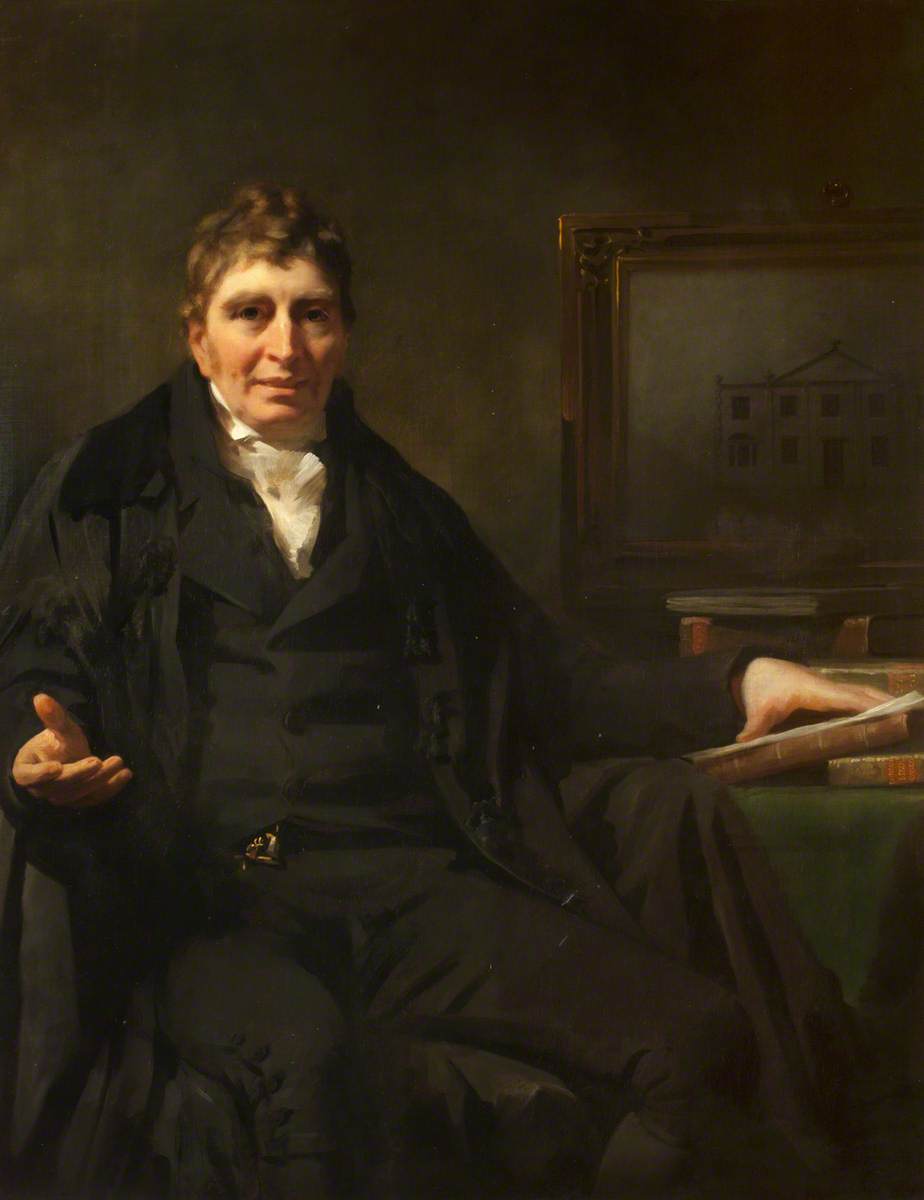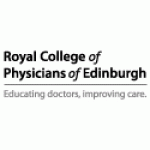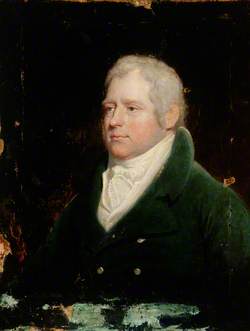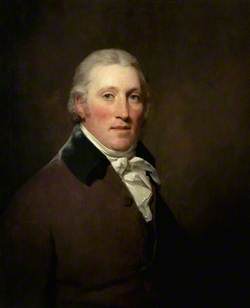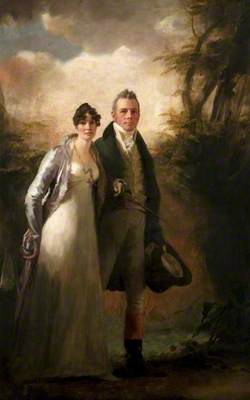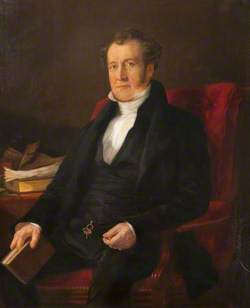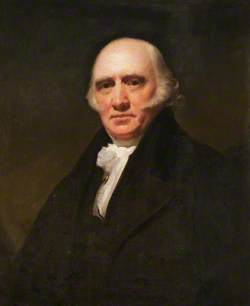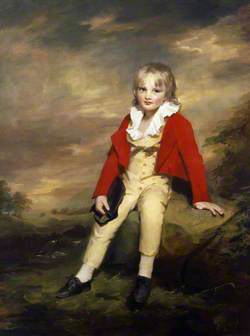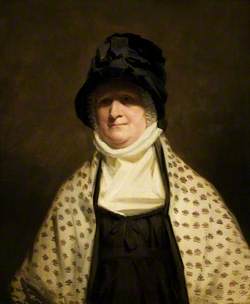How you can use this image
This image can be used for non-commercial research or private study purposes, and other UK exceptions to copyright permitted to users based in the United Kingdom under the Copyright, Designs and Patents Act 1988, as amended and revised. Any other type of use will need to be cleared with the rights holder(s).
Review the copyright credit lines that are located underneath the image, as these indicate who manages the copyright (©) within the artwork, and the photographic rights within the image.
The collection that owns the artwork may have more information on their own website about permitted uses and image licensing options.
Review our guidance pages which explain how you can reuse images, how to credit an image and how to find images in the public domain or with a Creative Commons licence available.
Notes
Add or edit a note on this artwork that only you can see. You can find notes again by going to the ‘Notes’ section of your account.
Born at Pinkerton, near St Andrews, Andrew Duncan graduated with an MA from St Andrews in 1762, and studied medicine in Edinburgh under William Cullen, John Gregory, Alexander Monro secundus and Joseph Black. As a student he was president of a student medical society on five successive occasions, for which in later years he was instrumental in obtaining a Royal Charter. In 1768 he sailed to China as surgeon on the East India Company's ship 'Asia'. He graduated with a MD in 1769. As a young doctor he witnessed the miserable death of Robert Fergusson, the poet, in a common madhouse and he determined to improve the lot of such patients. When he was President of the Royal College of Physicians of Edinburgh in 1790 he was able to use his influence to gain support for the establishment of an Asylum for the Insane in Edinburgh.
Title
Andrew Duncan
Medium
oil on canvas
Measurements
H 127 x W 104 cm
Accession number
PCF22
Work type
Painting
